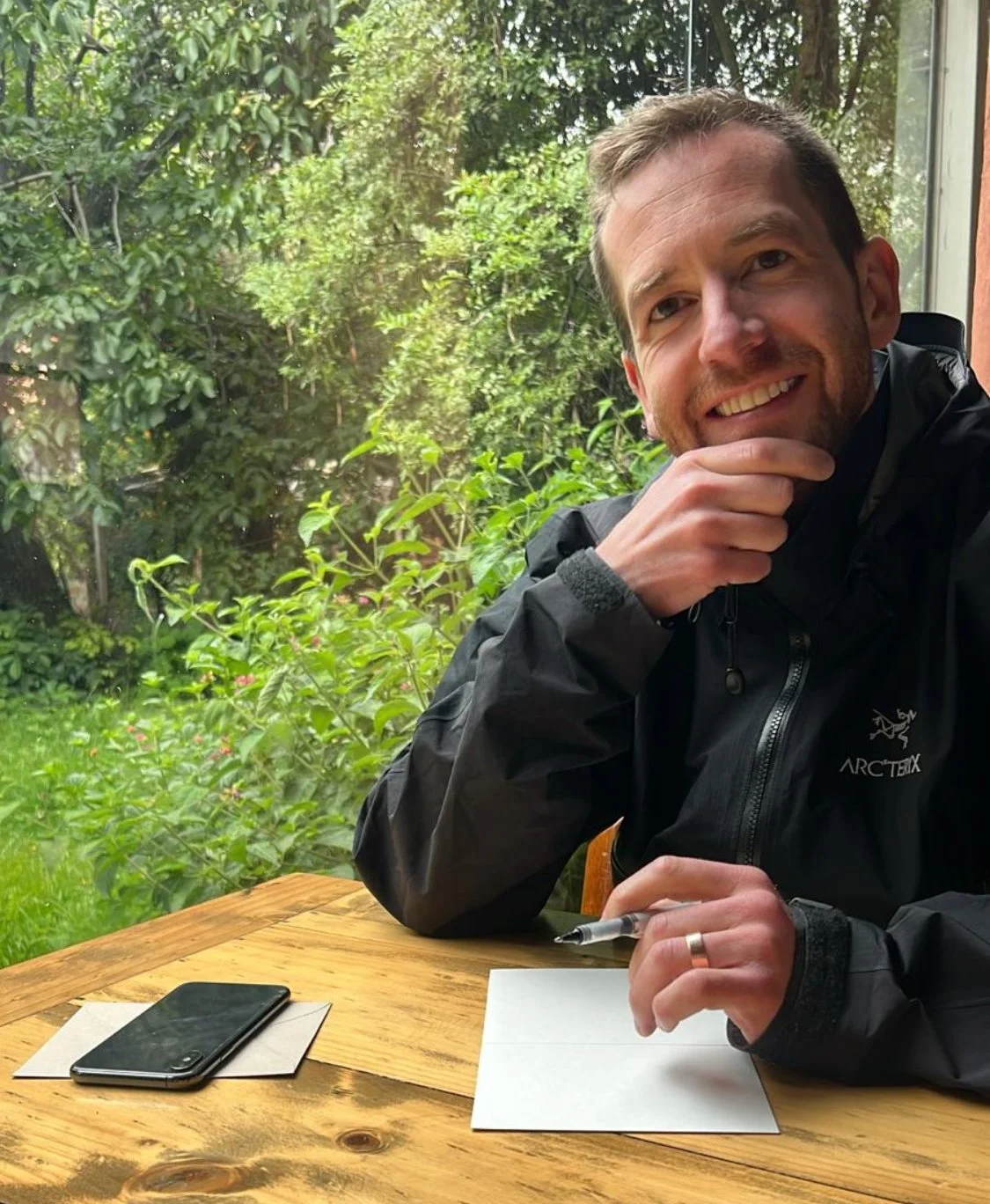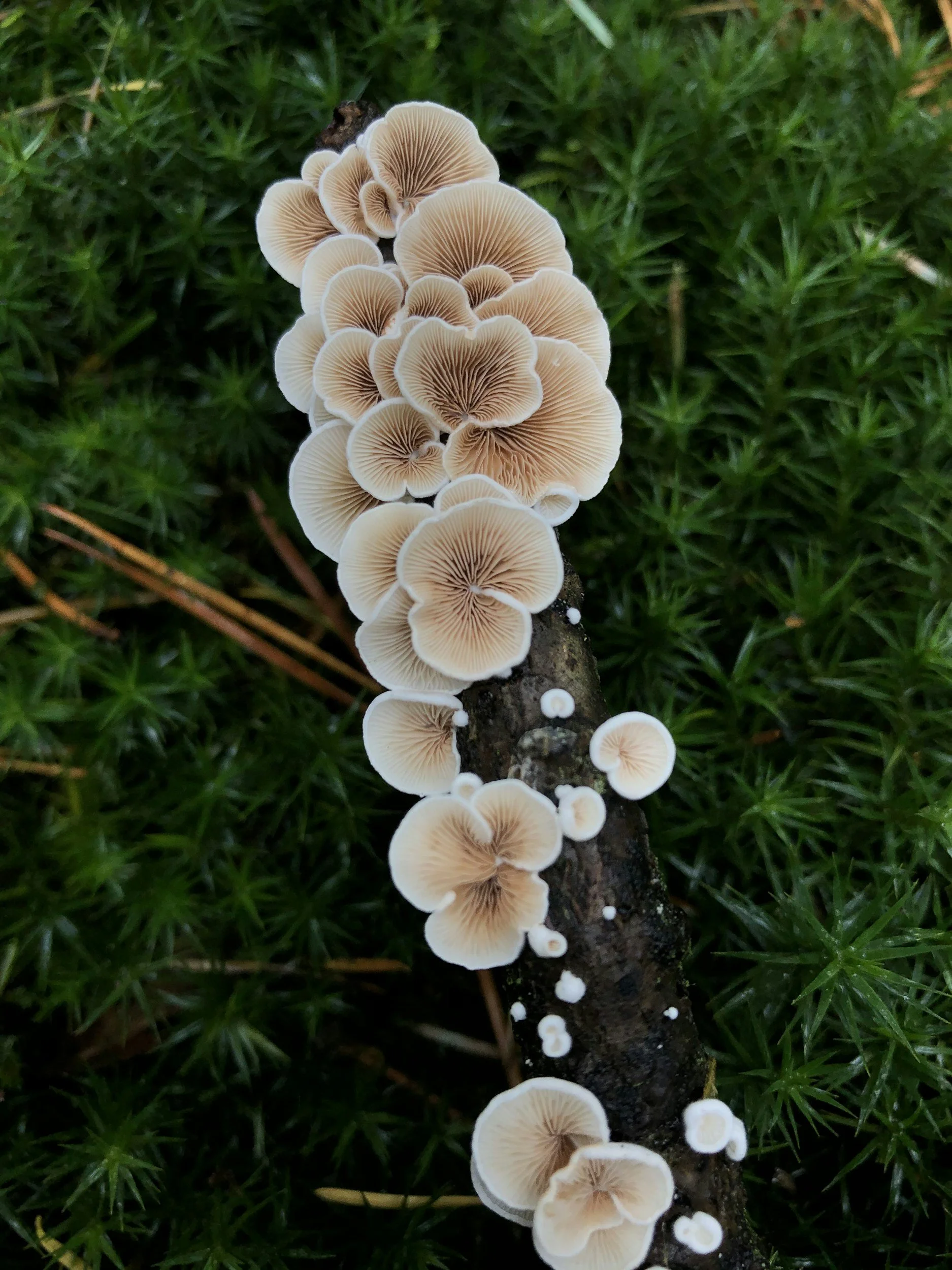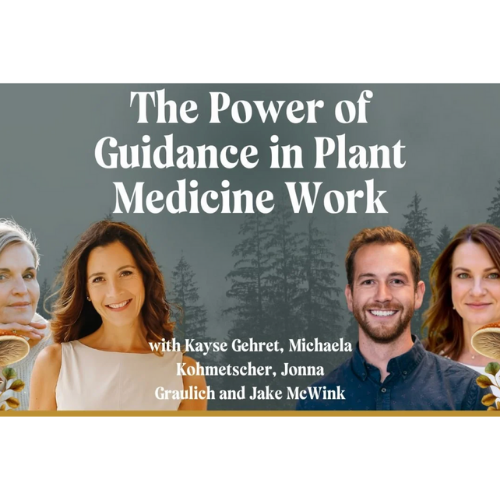I know what it’s like
On February 6th, 2019, I suffered an ischemic stroke. Age, 29.
A skiing accident in Japan (unbeknownst to me) tore a piece of my vertebral artery. Having travelled a week later outside a remote Hong Kong fishing village, the clot finally surfaced. Feeling like a cinderblock smashed across my brain, double vision, my right side quickly went haywire. Speech? Nope. Walking? Out of the question. I could witness what was going on, and had no control over any of it.
My friends put me on a rickshaw to a local fire station, and two ambulance rides later got to Princess Margaret Hospital. However, it was the Chinese New Year, so many of the doctors were out. Two days later the doctors diagnosed an ischemic stroke in my cerebellum. They gave me aspirin, and anti-nausea medication, but wanted me there for 2 months of observation. Like hell I was going to spend any more time in the geriatric ward. 12 beds sardined in a room, men around me gently transitioning, and others well on their way.
Just Get Home
A nurse who spoke the best english said, “If I were you, I’d get home as soon as you can walk past a gate agent. They won’t let you on if they know you had stroke.“ Thankfully, very quickly my body began recovering function, such that I was able to hobble past onto the jet bridge without suspicion and get back to the States.
Home in Colorado, doctors shared how fortunate I was. And that I was way past the point of any intervention they could offer. My recovery was “a roll of the dice,” they had no way to forecast what how much function I would regain. Speech, Occupational, and Physical Therapy were the best tools in their tool belt – my recovery would be contingent on my brain’s ability to reform new neural connections around what had been damaged.
Being 29, it was too long of a life-sentence to feel like half my body was a 2 year old. Wasn’t going to leave that to chance. I refused.
Each time I did anything, it was like my body was re-learning it all over again. Typing sucked. Zippers. Words were mud. Interruptions would cause my mind to just…go completely blank. Executive functioning? My internal assistant was on sabbatical, indefinitely.
I had seen research suggesting psychedelics helped with neuroplasticity, neurogeneisis, and helping reduce neuro-inflammation. The three things that really f*** you up after a stroke. I saw a circular network graph in How to Change Your Mind, showing “this is your brain, this is your brain on psilocybin.” Seemed like exactly what my brain needed.
Brick by Brick
So, I began my own pharmacology experiment. Gently microdosing psychedelics (psilocybin or LSD – whatever I could access), then slightly larger doses. Used these in conjunction to therapies prescribed, yoga, lots of legos.
Brick by brick, a year went on. Subtle recovery accelerations. It felt connected to my closeted experimentation. If anything, I noticed a shift in my life perspective. Just a pressure system of positivity in my emotional weather, that calmed my critical, frustrated, desperate mind. I think it gave my body the space it needed to heal.
In the context of strong, supportive, well-functioning support system, I existed in a wildly conducive recovery ecosystem (my now husband atop that list). My work at the time gave me time & space to focus on healing. There are so many variables, it’s inappropriate for me to point exclusively at any one thing in particular.
And. At the same time, my inner-wisdom. The quietest of voices. Has always said, “You know exactly what it was that made the difference.“
That’s why Psychedelic Stroke Institute (PSI) exists. To figure out if desperate curiosity found a truth. And this experience could support others facing their own challenging chapter.
—
Jake McWink
Founder, Psychedelic Stroke Institute (PSI)
In the News
“Each time I did something new after the stroke, or something I had always done, it felt like I had to relearn it from the very beginning. And so psychedelics seemed to help improve that process,”
Jake McWink with Amy Wadas“The medicine is not going to fix you, you are going to fix you, and the medicine is going to help you do that.”
-Jake McWink with Kayse Gehret, Michaela Kohmetscher, & Jonna Graulich “I think that there’s another piece of this that maybe doesn’t have anything to do with (neurological) rewiring or all of that. Maybe it’s just simply that it gives your body the space it needs to then activate self healing.
Very similar to when we put a Band-Aid on a cut, the Band-Aid is not doing the fixing, but it’s providing an environment for the self healing intelligence to activate in our bodies. These are wonderful machines and they know how to fix everything.”
-Jake McWink







